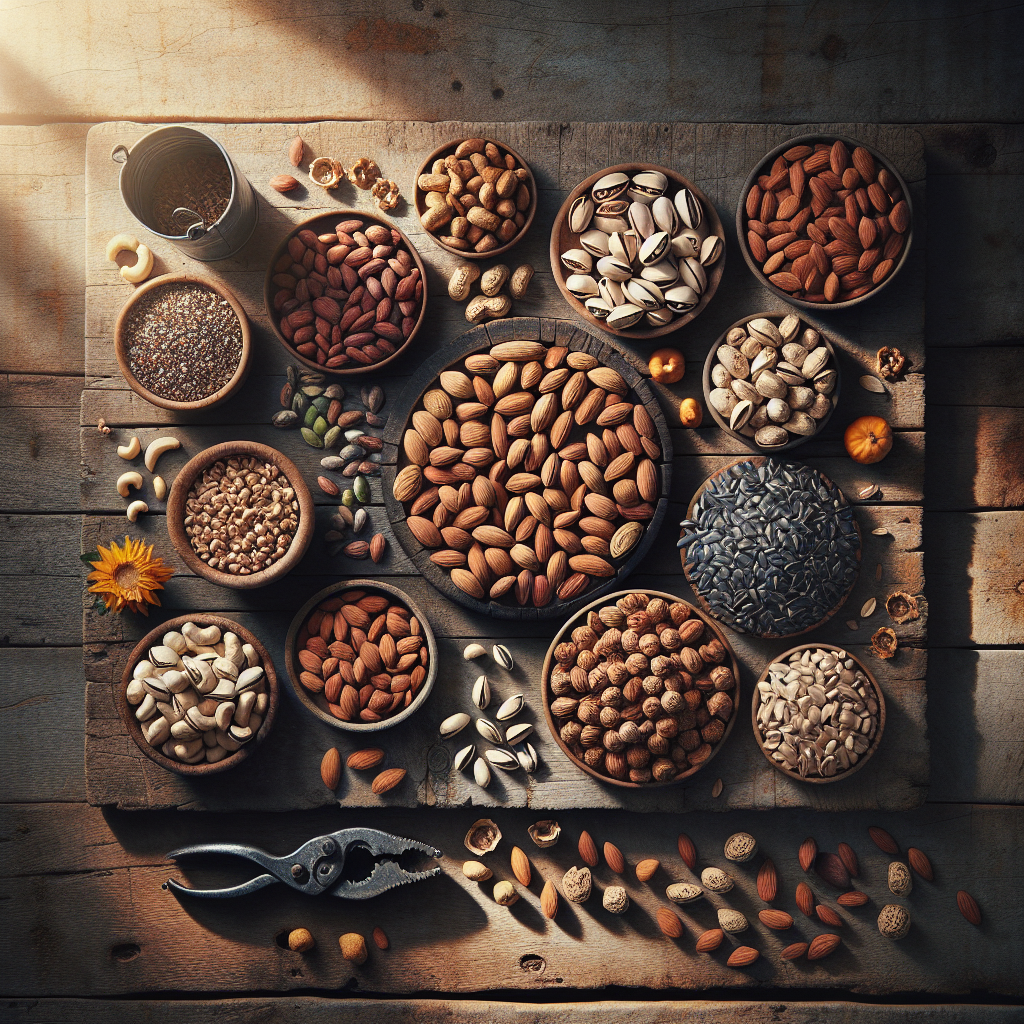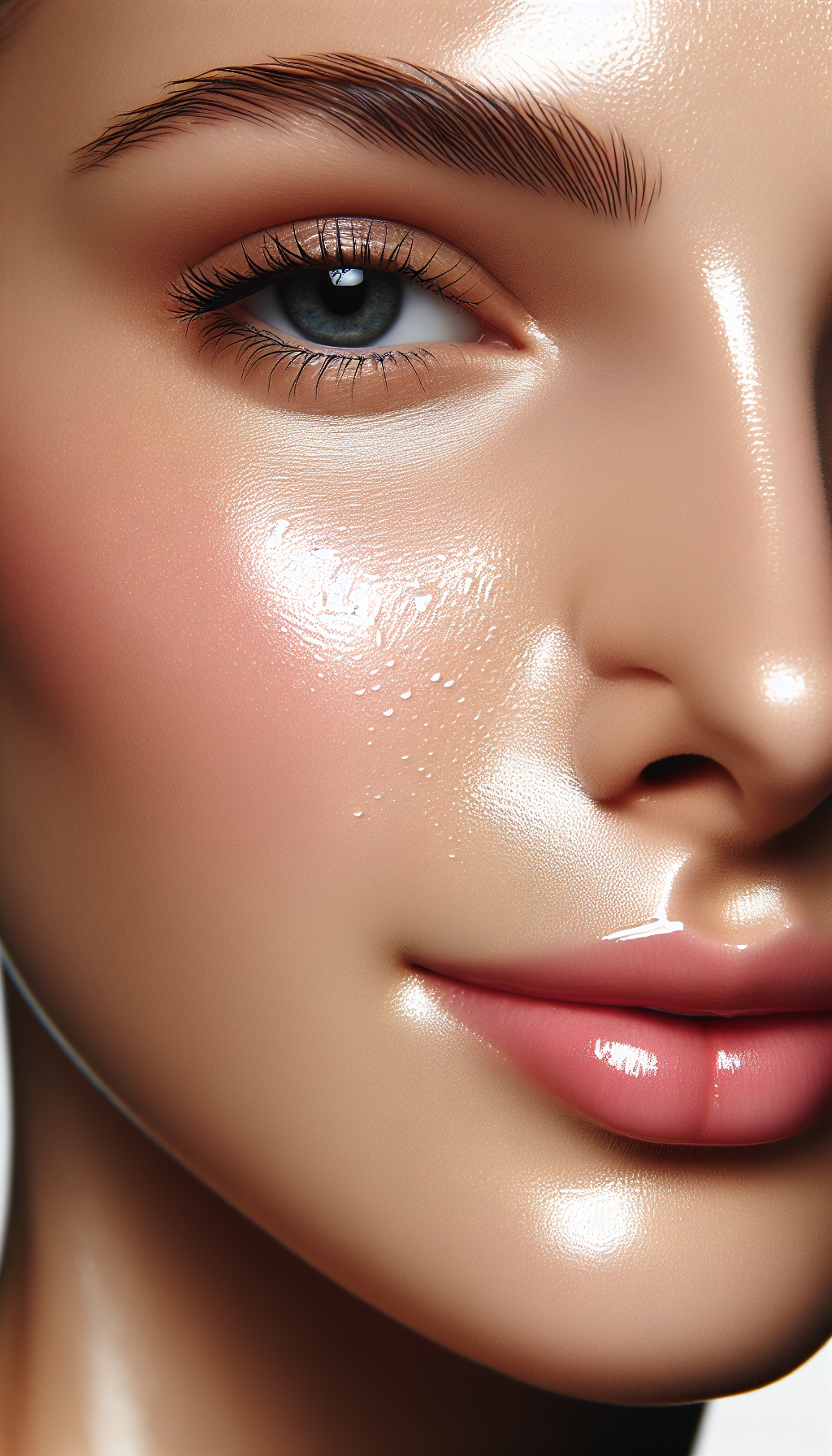Glowing skin is often seen as a sign of health and vitality. While a plethora of skin care products promise luminous skin, the role of diet cannot be overstated. The adage "you are what you eat" is particularly true when it comes to skin health. This article delves into the dietary habits that can enhance your skin’s natural glow, supported by scientific insights and expert advice.
The Foundation of Skin Health
Before we explore the specifics of dietary choices, it’s crucial to understand the basics of skin health. The skin is the body’s largest organ, serving as a protective barrier and a reflection of overall well-being. It requires a range of nutrients to maintain its elasticity, hydration, and radiance. A diet lacking in essential vitamins, minerals, and other nutrients can lead to dullness, aging, and skin disorders.
Nutrient-Rich Foods for Radiant Skin
Antioxidant-Rich Fruits and Vegetables
Antioxidants are the frontline defenders against skin damage. They fight free radicals, which are unstable molecules that can harm skin cells and lead to premature aging. Incorporate a variety of colorful fruits and vegetables into your diet to ensure a broad spectrum of antioxidants. Berries, leafy greens, and orange-hued vegetables like sweet potatoes and carrots are excellent choices.
Healthy Fats for Hydration and Elasticity
Fats are often vilified, but certain types are essential for skin health. Omega-3 fatty acids, found in fatty fish like salmon, flaxseeds, and walnuts, are known for their anti-inflammatory properties, which can help combat conditions like acne and psoriasis. Additionally, healthy fats from avocados and olive oil contribute to the skin’s natural oil barrier, critical in keeping skin hydrated and plump.
Protein to Support Repair and Regeneration
Protein is the building block of skin, as it’s required for the repair and formation of collagen and elastin. Lean sources of protein such as chicken, turkey, tofu, and legumes can promote skin regeneration and maintain its firmness.
Hydrate for a Dewy Complexion
While not a food, water is an essential aspect of a skin-friendly diet. Hydration aids in maintaining the skin’s elasticity and can help reduce the appearance of fine lines and wrinkles. Aim for at least 8 glasses of water a day, and consider hydrating foods like cucumbers and watermelons.
Vitamins and Minerals
Certain vitamins and minerals play a pivotal role in skin health. For instance, vitamin C, found in citrus fruits and bell peppers, is crucial for collagen production. Vitamin E, present in nuts and seeds, protects the skin from oxidative stress. Zinc, which can be sourced from pumpkin seeds and lentils, is vital for skin healing and inflammation control.
Beyond Diet: Other Skin-Enhancing Habits
While diet is fundamental, there are additional habits that can enhance skin glow. Regular exercise improves circulation, delivering more oxygen and nutrients to your skin. Sufficient sleep is also a cornerstone of skin health, as this is when the skin repairs itself.
Incorporating Skin-Enhancing Foods into Your Routine
Creating meals that are both delicious and skin-friendly can be a joyous endeavor. Start by making fruits and vegetables the stars of your plate. Experiment with different ways to prepare fish for omega-3s and use nuts and seeds as snacks or salad toppings for a vitamin E boost.
The Role of Skin Care Products
Diet alone isn’t the only factor in achieving radiant skin. A well-formulated skin care routine can address specific concerns and enhance the effects of a good diet. Products like serums, toners, and moisturizers can provide additional nutrients and hydration to the skin.
For instance, incorporating a daily skin toner, as discussed in Benefits of Using a Skin Toner Daily, can help remove residual dirt and oils while preparing the skin for better absorption of other products. Similarly, understanding the role of probiotics in skin health can inform choices about which supplements might complement your dietary efforts for glowing skin.
The Science Behind the Glow
Several scientific studies have linked diet to skin appearance. For example, research published in the American Journal of Clinical Nutrition found that higher intakes of vitamin C were associated with a reduced appearance of wrinkles and skin dryness. Similarly, a study in the Journal of the American Academy of Dermatology observed that individuals with a higher intake of omega-3 fatty acids experienced less sun damage.
For further reading on the intricate connection between diet and skin health, explore niche resources such as the Skin Health from Within article from the National Institutes of Health, which examines the effects of nutrients on skin aging.
Advanced Tips for Enhanced Skin Glow
-
Tailor Your Diet to Your Skin Type: Just as skin care products are chosen based on skin type, so too can diet be tailored. For oily skin, focus on foods that regulate sebum production, like those high in omega-3s. Dry skin may benefit from increased healthy fats and hydration.
-
Consider the Glycemic Load: High glycemic index foods can trigger acne by spiking insulin levels. Opt for low glycemic index foods like whole grains to keep blood sugar stable.
-
Limit Alcohol and Caffeine: Both can dehydrate the skin, potentially leading to a lackluster appearance. Moderation is key.
-
Embrace Fermented Foods: Fermented foods like yogurt and kimchi contain probiotics that may improve gut health, which is linked to skin health.
-
Seasonal Adjustments: Pay attention to how your skin reacts to seasonal changes and adjust your diet accordingly. For example, you might need more hydrating foods during dry winter months.
Conclusion
Achieving and maintaining a radiant glow is a multifaceted endeavor that extends beyond topical treatments. It’s a holistic approach that combines a nutrient-rich diet with complementary skin care habits. By making informed choices about the foods you consume, you can nourish your skin from the inside out, enhancing its natural beauty and health.
Don’t forget to explore additional resources and read articles such as The Benefits of Green Tea in Skin Care Routines for more insights into how specific ingredients can benefit your skin.



